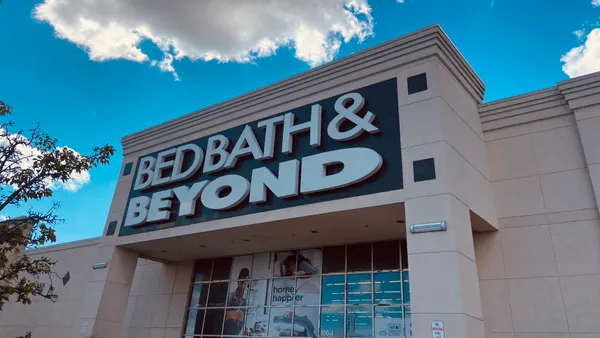Dive Brief:
- On-demand delivery startup Postmates has rolled out a new service allowing customers in San Francisco and Los Angeles to order beer, wine and spirits from a range of participating local liquor stores, and receive their alcohol in 25 minutes or less.
- Postmates has partnerships with dozens of merchants in support of the alcohol delivery service, according to TechCrunch; those merchants handle, pick and pack the orders to be delivered.
- Unlimited plan subscribers get free deliveries, and deliveries costing more than $30 also are free, while other users are charged a $2.99 delivery fee and a 9% service fee on alcohol orders of $30 or less. Postmates CEO Bastian Lehmann said the company's average revenue cut from each sale is about 25%, Recode reports.
Dive Insight:
A 25% take from each delivery sounds like a pretty decent share, and if you're wondering why a liquor store would care about participating in something like this if it's giving away a quarter of the sale, think about how many times you may have been too busy, tired, drunk, occupied with a romantic interlude, consumed by your children or scared of society in general to pay even a quick, much-needed trip to the liquor store. This service turns your inability to leave the house (or, dare we say, the office) into actual sales for that liquor store.
This is also not a completely fresh idea from Postmates, as Amazon, Drizly and others already have gotten comfortable in the one-hour alcohol delivery space. Postmates is try to improve on what's already out there by bringing down the guaranteed delivery window, potentially lowering the price and perhaps forging stronger relationships with more merchants offering a wider selection of beer, wine and spirits for delivery.
Postmates' entry into the market also is not surprising: The startup announced more than $140 million in new funding a few months ago, and at the time, it sounded like some of that money would be earmarked for an ambitious booze delivery service. Now we have it.
The market for on-demand delivery continues to get more interesting, even though it not long ago seemed to be brushing up against its limits. While a previous generation of on-demand delivery companies fell by the wayside, the current generation is being a aggressively opportunistic about delivering a whole range of items, from alcohol to event-oriented sports apparel to new cars ready for test drives.
Better yet, many of the current batch of on-demand delivery companies have been well-funded — something they might thank Uber for — and tightly focused on the devilish details, such as finding the right partners and getting the logistics right. And if they can' manage to set up a program where they take 25% of every sale they deliver, they just might have a bright future.













